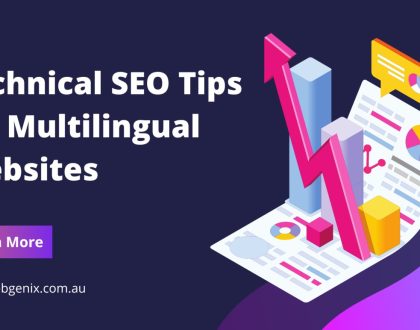How Semantic SEO Improves the Search Experience

by webgenix
Semantic SEO is the method of building more relevant meaning and topical depth into web content.
Over decades, search engines like Google have utilized semantic analysis to more intensely understand human language and deliver users with more appropriate results.
For this aim, a single-keyword method for SEO is no longer enough.
As a substitute, semantic SEO reflects the deep learning and normal language processing algorithms that Google believes in.
Website admin who use semantic SEO is more expected to build interesting authority in their commerce.
Why so much accent on semantic SEO?
Well, Google is always trying to make search better for users.
The reality is, that searchers aren’t essentially just looking for one precise answer when using Google; they are often trying to appreciate a given topic with more deepness.
For instance, say a user types in the keyword “What“?
Most likely, they will have other queries that arise after the conclusion their answer, such as:
- How do I buy Cheap Cloths?
- Where can I buy affordable cloths?
- Can I buy Cheap Clothes?
- What’s the difference between T-shirts and Shirts?
- And others!
Overall, semantic SEO improves the experience of searching for users.
What are the Benefits of Semantic SEO
Although semantic SEO strategies need more time and determination on the part of content writers, check out the benefits are significant.
- Getting More keyword rankings in organic search results.
- Improved content quality gestures in the Google crawlers.
- Make Stronger brand authority and skill in the eyes of searchers.
- Helping Google see your business brand as its entity with expertise in core topics.
- More chances for internal linking.
- Keeping users on your website for a longer duration instead of returning to search.
- Optimize For Keyword Clusters
- Improve Topical Depth and Length Of Content
- Include Synonyms & Related Terms
- Answer People Also Ask Questions
- Add Structured Data
- Use Content Optimizer Tools
- Build Out Topic Clusters On Your Website
SEO experts in Melbourne can leverage semantic SEO strategies to highlight the semantic signals that Google algorithms are skilled to categorize.
Recommended Posts

Top 5 Ways to Get More Phone Calls Google My Business Profile
October 4, 2023

Technical SEO Tips for Multilingual Websites: Tips and Tricks
September 3, 2023

6 Techniques For Using Semantic SEO To Boost Your Ranking
August 14, 2023
